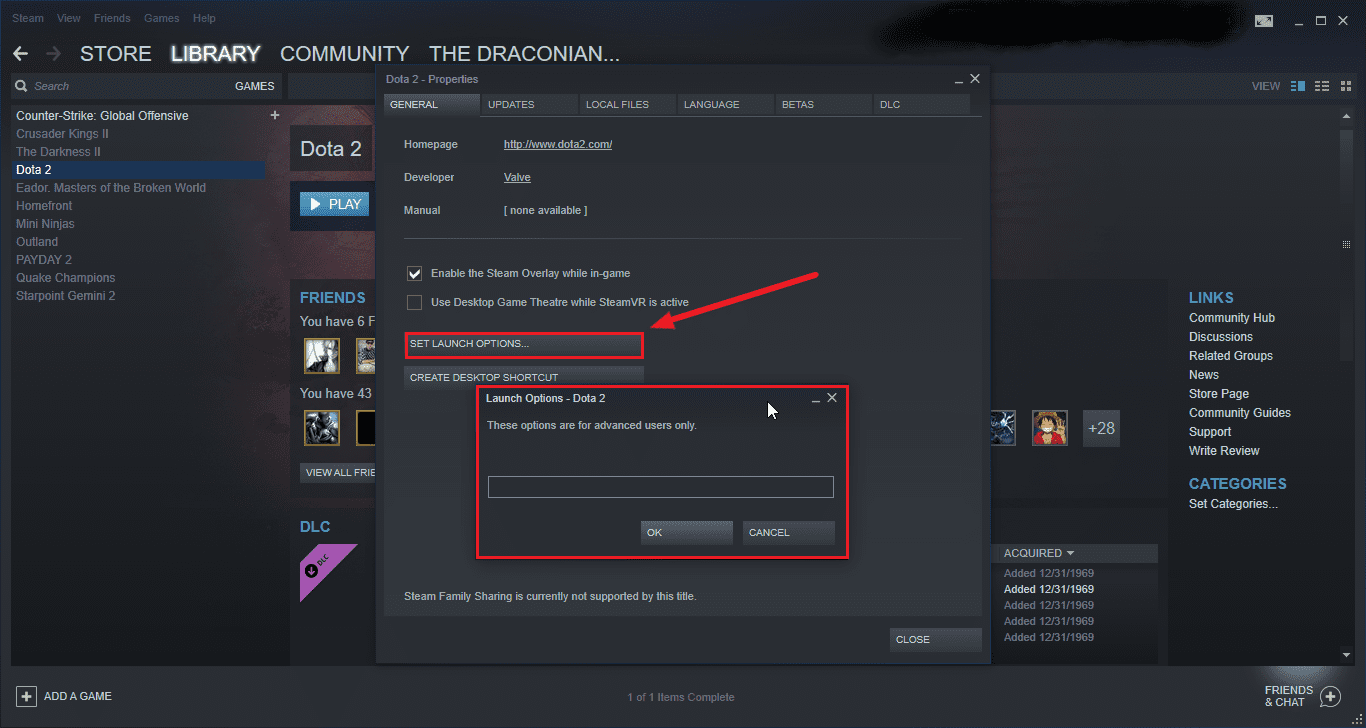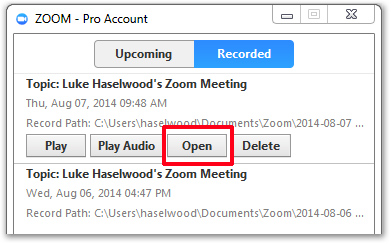
- #How have deluge client turn computer off after downloads how to#
- #How have deluge client turn computer off after downloads password#
- #How have deluge client turn computer off after downloads Pc#
- #How have deluge client turn computer off after downloads free#
The DEA service provides and manages these addresses, ensuring that mail sent to them lands in your inbox. And, of course, having your email address floating promiscuously around the web just invites spam.īut how can you communicate without giving a merchant or service your email? The solution lies in a simple technology called a disposable email address, or DEA.
#How have deluge client turn computer off after downloads password#
A hacker who finds your email and guesses your weak password now owns the account.

That might not sound problematic, but your email address is typically your user ID for many sites. However, your email address itself is exposed any time you send a message, buy a product online, or sign up for any kind of internet-based service. With the contents of your email conversations encrypted, no hacker can sniff out just what you're saying. Given that these tools have their own roundup, we've removed them from this article's product lineup.
#How have deluge client turn computer off after downloads free#
ProtonMail offers a free tier, but with some limitations. SecureMyEmail is likewise free if you use it to protect a single Gmail, Yahoo, or Microsoft account. You send an encrypted message, and the recipient clicks a button to read it-without either of you entering a password. Like Preveil, it handles key management internally, though it doesn't use public-key cryptography. Virtru offers email encryption for free, but only if you use Gmail, and only in Chrome. The service encrypts the message using a simple password, and you transmit the password via some avenue other than email, perhaps a secure messaging app. With Tutanota, StartMail, and ProtonMail, you can send encrypted messages to non-users, though you don't get the same level of open-source security. Of course, not everyone has embraced public key cryptography for their email. With any of these, you can exchange secure messages with anybody who provides a public key. ProtonMail and StartMail automate the key exchange process with other users of the same service, while Private-Mail requires that you perform the exchange yourself. The fact that you can decrypt it using my public key means it's totally legit. I simply encrypt the message with my private key. This public key technology also lets me send you a message that's digitally signed, guaranteeing it came from me, with no tampering.
#How have deluge client turn computer off after downloads how to#
It does also mean you can't connect with users of other PGP-based services, but few consumers know how to set that up. A high-tech system involving what the company calls wrapped keys means you never deal with a key, public or private.

To send me a secure message, you encrypt it with my public key, and I decrypt it with my private key. All but Preveil use a protocol called PGP (Pretty Good Privacy) to generate a pair of keys, one public, one private. Preveil, Private-Mail, ProtonMail, and StartMail let you lock down your communications using a technique called public-key cryptography.

See that article for a deeper dive into these snoop-fighters. It's a significant and effective technique, one that merits its own, separate roundup, The Best Email Encryption. Read someone else's mail? How rude! Fill up inboxes with unwanted junk mail? They had no idea what was coming.Įncrypting your email is one obvious way to protect the privacy of your messages. Like the internet itself, email was invented by optimists and academics who never dreamed that anyone would misuse it. Check out our reviews, then choose one or even more to defend your privacy. We’ve collected products and services that take many different approaches to privacy protection. It’s nearly impossible to maintain total anonymity and still connect to the internet, but there are things you can do to limit your exposure, from connecting through a VPN to hiring a service that deletes your data from legitimate data aggregators. Trackers and advertisers follow your web surfing, data brokers scrape public records to create detailed (and saleable) personal profiles, and hackers do their best to parlay small lapses in privacy practices into full-blown identity theft. But these days, they not only know you’re a dog, they know what breed, when you last got wormed, and what’s your favorite treat. On the internet, nobody knows you’re a dog, or so goes the old joke. Since 1982, PCMag has tested and rated thousands of products to help you make better buying decisions. ( See how we test.)
#How have deluge client turn computer off after downloads Pc#



 0 kommentar(er)
0 kommentar(er)
